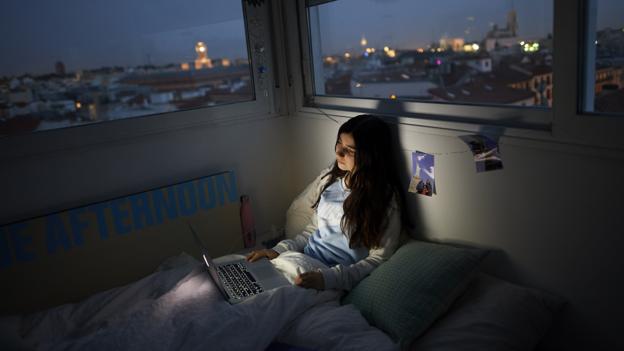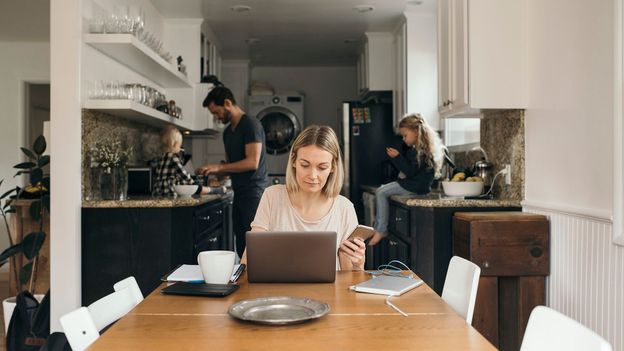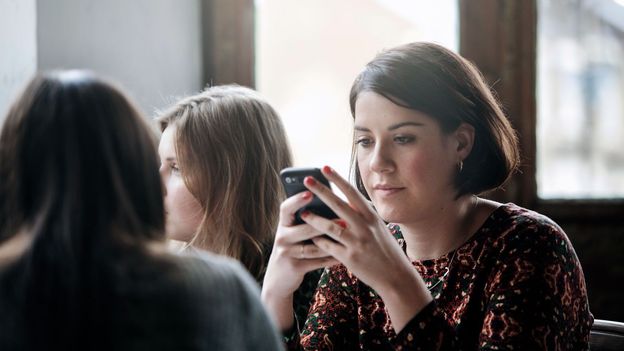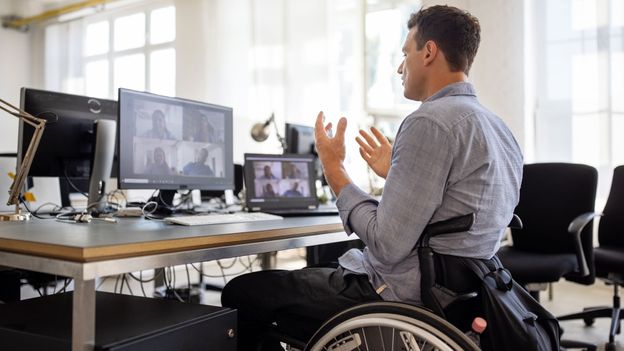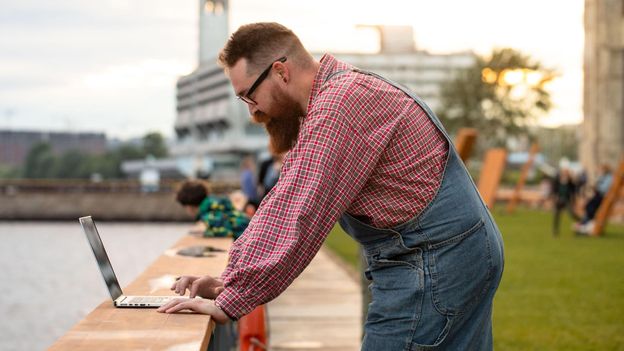‘Learn to self-regulate’
Jenny Radesky is an assistant professor of pediatrics and a developmental behavioural pediatrician at University of Michigan C.S. Mott Children’s Hospital. She also co-authored the AAP’s 2016 media guidelines for young children.
Radesky’s been asked constantly in recent weeks what the “right” amount of screen time is in lockdown. There isn’t a single answer, she says, as it varies based on a child’s age, a family’s needs, and the mix of other activities the child has access to in a given day. Nor does she find it helpful to give parents another difficult standard to meet during a challenging time.
“I don’t want parents to feel the pressure that they need to be perfect and do that 24 hours a day,” Radesky says. “If you feel like you overdid it on screens one day, you can try again the next.”
Radesky summarised guidance for this unusual period in a helpful Twitter thread last month. If there’s any tech-related skill parents should teach their children now to help life return to normal after the pandemic, she says, it’s the ability to self-regulate their tech use, which in a child’s case means the ability to turn off a device voluntarily (even if they need a timer or reminder to do so).
As parents may need to remind their children (and themselves), this unusual time won’t last forever. Eventually the schools, parks and libraries will reopen, and families will be able to return to rules that make most sense for them. “When we get to the other end of this, you and your children will hopefully look back and say, ‘we came together and figured it out’,” Radesky says.

